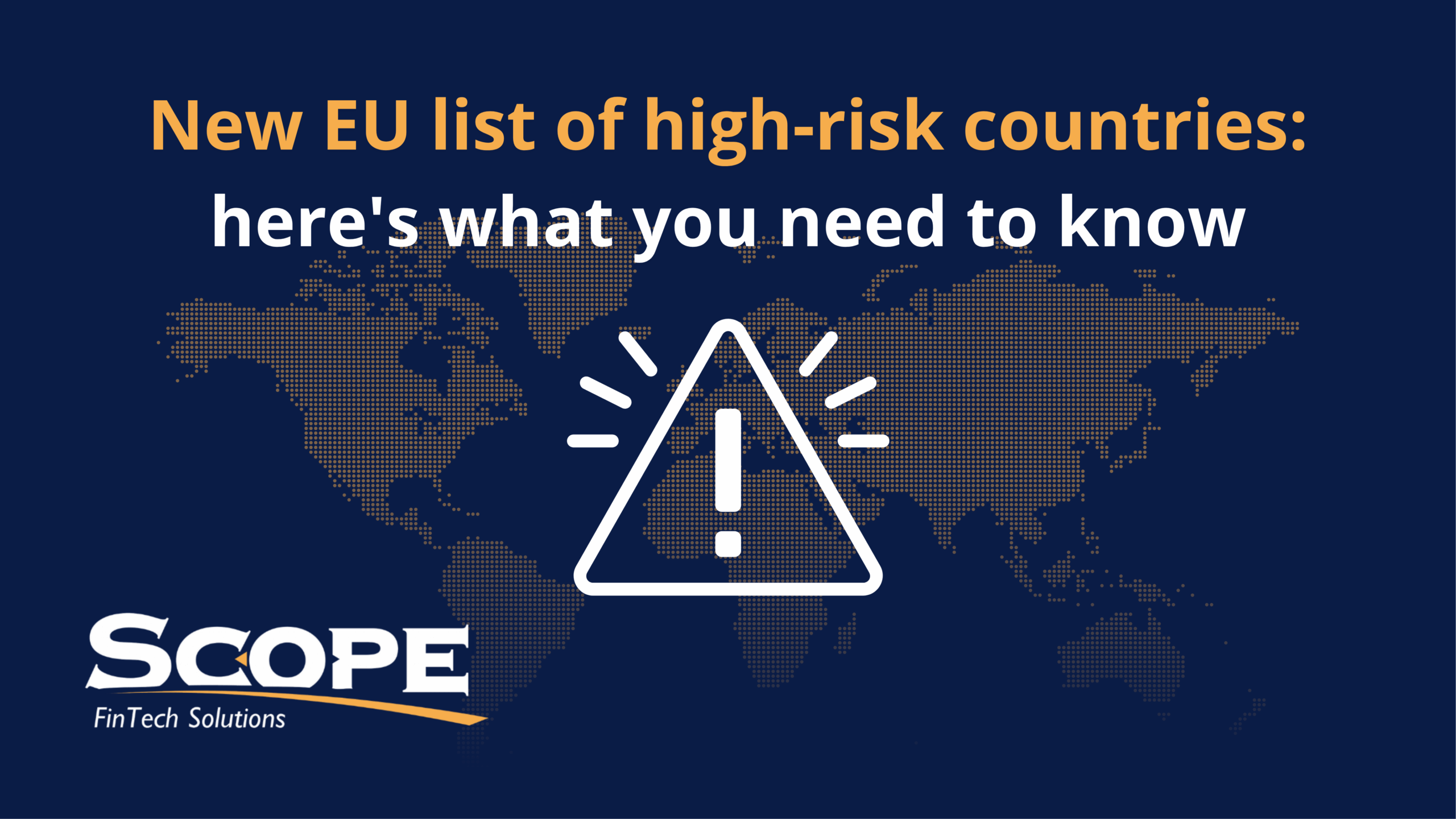The European Commission made a major change to the list of third countries with a high risk of money laundering and terrorist financing on June 10, 2025. This list is not just an administrative formality. For you as an institution subject to AML, whether you run an administration or accounting firm or are active as a (yacht) broker, this change has direct consequences for your daily practice, your risk policy and your customer due diligence.
Ten new countries on risk list
The European Comission has added ten countries to the list of high-risk third countries. These countries are:
- Algeria
- Angola
- Ivory Coast
- Kenya
- Laos
- Lebanon
- Monaco
- Namibia
- Nepal
- Venezuela
These countries have been identified as “jurisdictions under enhanced scrutiny” by the Financial Action Task Force (FATF). Although they have made political commitments to address their deficiencies, the risks of money laundering and terrorist financing are still significant. The European Commission emphasizes that these countries are not yet fully compliant with international standards and therefore remain subject to enhanced supervision.
For you, this means that you are required to apply enhanced customer due diligence to business relations or transactions related to these countries. This includes:
- Must examine more thoroughly the origin of funds
- Must fully understand the ownership structure of legal entities
- Must define the purpose and nature of the business relationship
- Must continuously monitor transactions
Eight countries removed
At the same time, eight countries were removed from the list:
- Barbados
- Gibraltar
- Jamaica
- Panama
- Philippines
- Senegal
- Uganda
- United Arab Emirates
These countries have successfully completed their action plans and now meet international standards for anti-money laundering measures. The Commission has determined that they no longer have strategic deficiencies. This means that in relations with these countries, you are no longer required to conduct enhanced customer due diligence based on the EU list.
Nevertheless, caution is advised. The removal of a country from the list does not mean that there are no longer any risks. You remain responsible for a risk-based approach. If you receive signals that indicate increased risk - for example, unusual transactions or unclear ownership structures - then heightened scrutiny remains necessary.
What does this mean for your organization?
If you fall under the AML, you are legally required to adapt your policies and processes to this new list. This means, among other things:
- Updating your risk assessments: your risk policy must include the new countries in the assessment of customer and transaction risks.
- Adjusting your customer due diligence: new and existing customers from the aforementioned countries must be subject to enhanced due diligence.
- Document your findings: regulators such as the Bureau Financial Supervision (BFT) expect you to carefully document your choices and actions.
- Train your employees: make sure your team is aware of the new obligations and knows how to identify risks.
For SME service providers without a separate compliance department, this can be challenging. Yet it is essential to take these obligations seriously. Fines for negligence can be hefty, and reputational damage is difficult to repair.
Why this list is essential for the EU and for you
The list of high-risk third countries is based on Article 9 of Directive (EU) 2015/849. The European Commission prepares this list in close cooperation with the FATF, the international standard-setter on anti-money laundering measures. The aim is to protect the EU financial system from misuse by criminals and terrorists.
For you as the gatekeeper of the financial system, this means that you play a key role. Your vigilance, your processes and your integrity are the first line of defense against financial crime.
What can you do now to stay compliant?
- Check your customer database for relations with the listed countries
- Update your risk policy and document your choices
- Conduct enhanced client due diligence where necessary
- Provide training and awareness within your organization
- Use tools such as UBO registers, sanction lists and transaction monitoring tools
Wilt u een geautomatiseerd cliëntenonderzoek? Neem contact op met SCOPE FinTech Solutions; wij helpen u graag verder met concrete stappen, afgestemd op uw organisatie.

